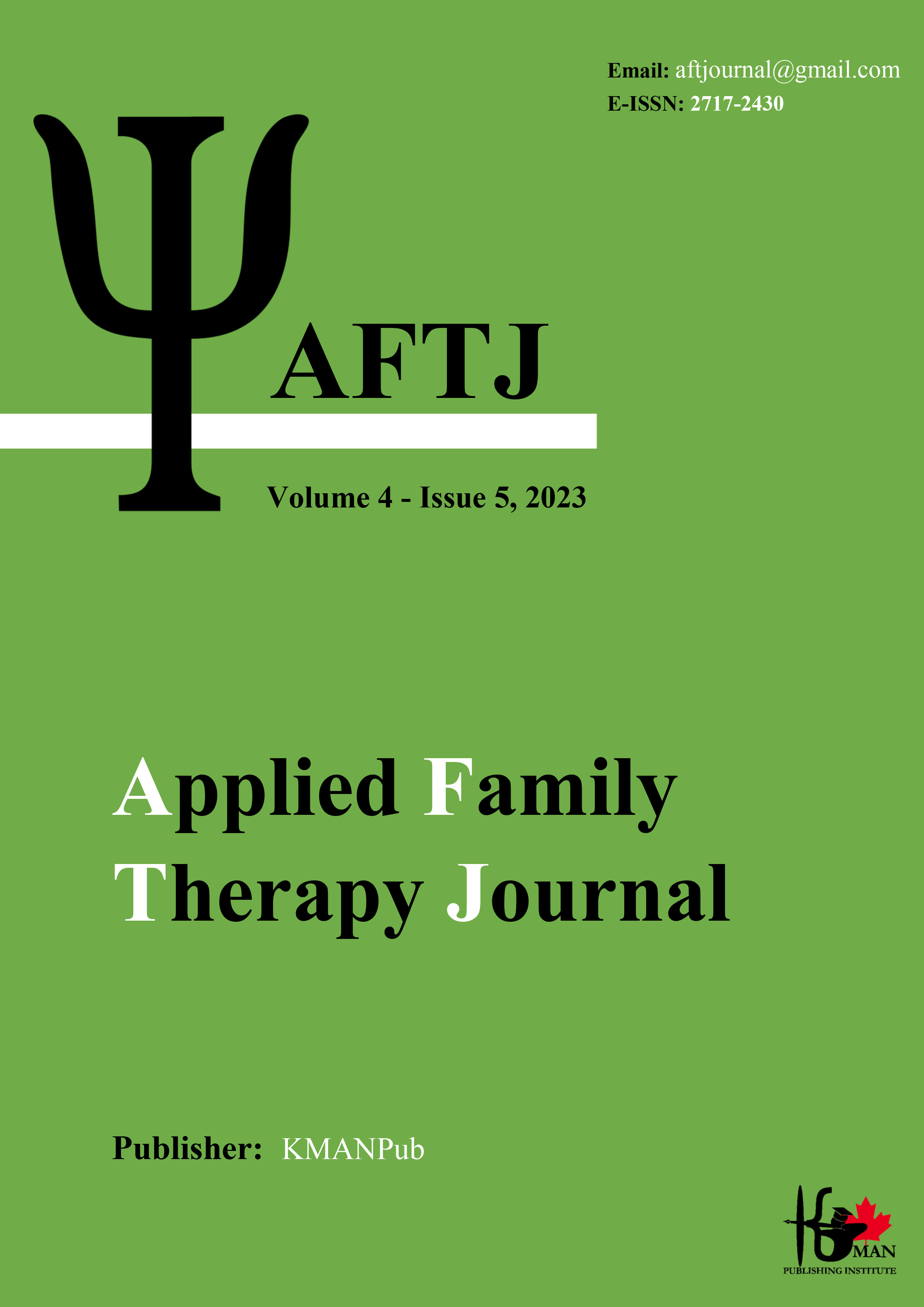Psychometric properties of the Persian version of Cognitive Fusion Questionnaire - Body Image (CFQ-BI)
Keywords:
Cognitive Fusion Questionnaire - Body Image (CFQ-BI), psychometric properties, reliability, validityAbstract
Aim: The purpose of this study was to investigate the psychometric properties of the Body Image Cognitive Fusion Questionnaire in women applying for cosmetic surgeries with Method: It was a correlational descriptive research and the statistical population included all women aged 20 to 50 who referred to beauty clinics in Tehran for cosmetic surgeries. 319 people were selected using the convenience sampling method. Cognitive Fusion Questionnaire - Body Image (CFQ-BI), Yale-Brown Obsessive Compulsive Scale for Body Dysmorphic Disorder (BDD-YBOCS) and Self-Compassion Scale-Short Form (SCS-SF) were used to collect information. confirmatory factor analysis for evaluate the construct validity, Correlation matrix for checking convergent validity and divergent validity and Internal consistency was used to check reliability with the help of Cronbach's alpha coefficient. Results: The findings of confirmatory factor analysis showed that the single-factor model of Cognitive Fusion Questionnaire-Body Image, according to the numerical size of the indicators, RMSEA=0.079, SRMR=0.025, CFI=0.981, TLI=0.968, and IFI=0.981 has a good fit. Considering the positive and significant correlation of this scale with the scale of Body Dysmorphic Disorder (r=0.629), the convergent validity of this tool was evaluated favorably. The divergent validity of this scale with the short form of Self-Compassion Questionnaire was reported favorable due to the negative and significant correlation between these two instruments (r=0.599). Cronbach's alpha coefficient of 0.95 indicated the good reliability of this questionnaire. Conclusion: According to the research findings, it can be concluded that Questionnaire of Cognitive Fusion-Body Image in Iranian population (Female applicants for Cosmetic surgeries) has desired psychometric properties and it can be used as a valid tool in future research and diagnostic situations.
Downloads
Downloads
Published
Issue
Section
License

This work is licensed under a Creative Commons Attribution-NonCommercial 4.0 International License.





















